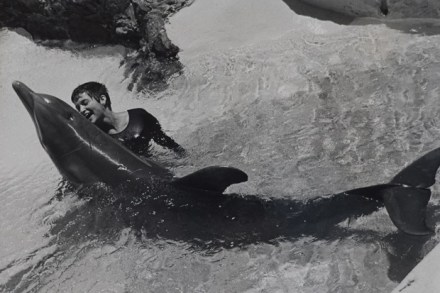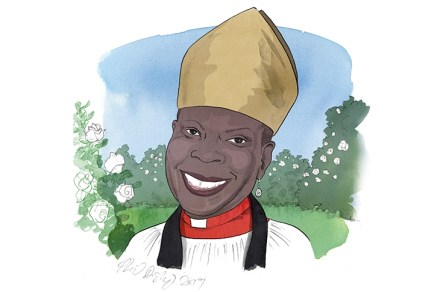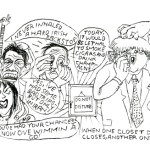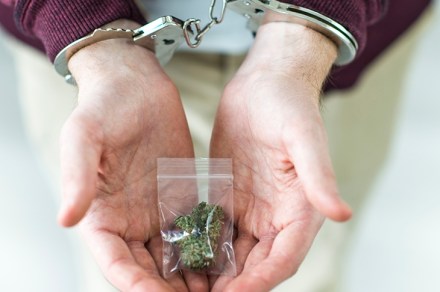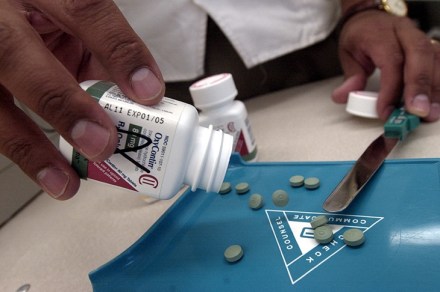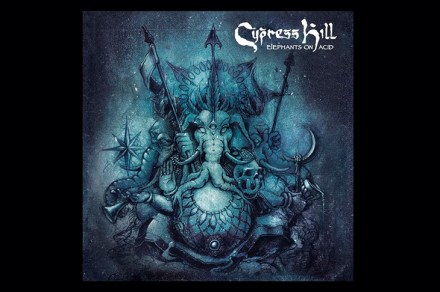Burnt out at 27: the tragedy of Janis Joplin
Janis Joplin hated the word ‘star’, but she loved the trappings. As soon as she made serious money she bought a Porsche convertible and had it painted with psychedelic images to make it the most recognisable car in San Francisco. She also rejoiced in her lynx fur coat, courtesy of Southern Comfort. She sent them a file of all the numerous press clippings that said Southern Comfort was her favourite tipple and they responded with a cheque. ‘Oh man, that was the best hustle I ever pulled,’ she crowed to a reporter. ‘Can you imagine getting paid for passing out for two years?’ If only she’d stuck to Southern Comfort


